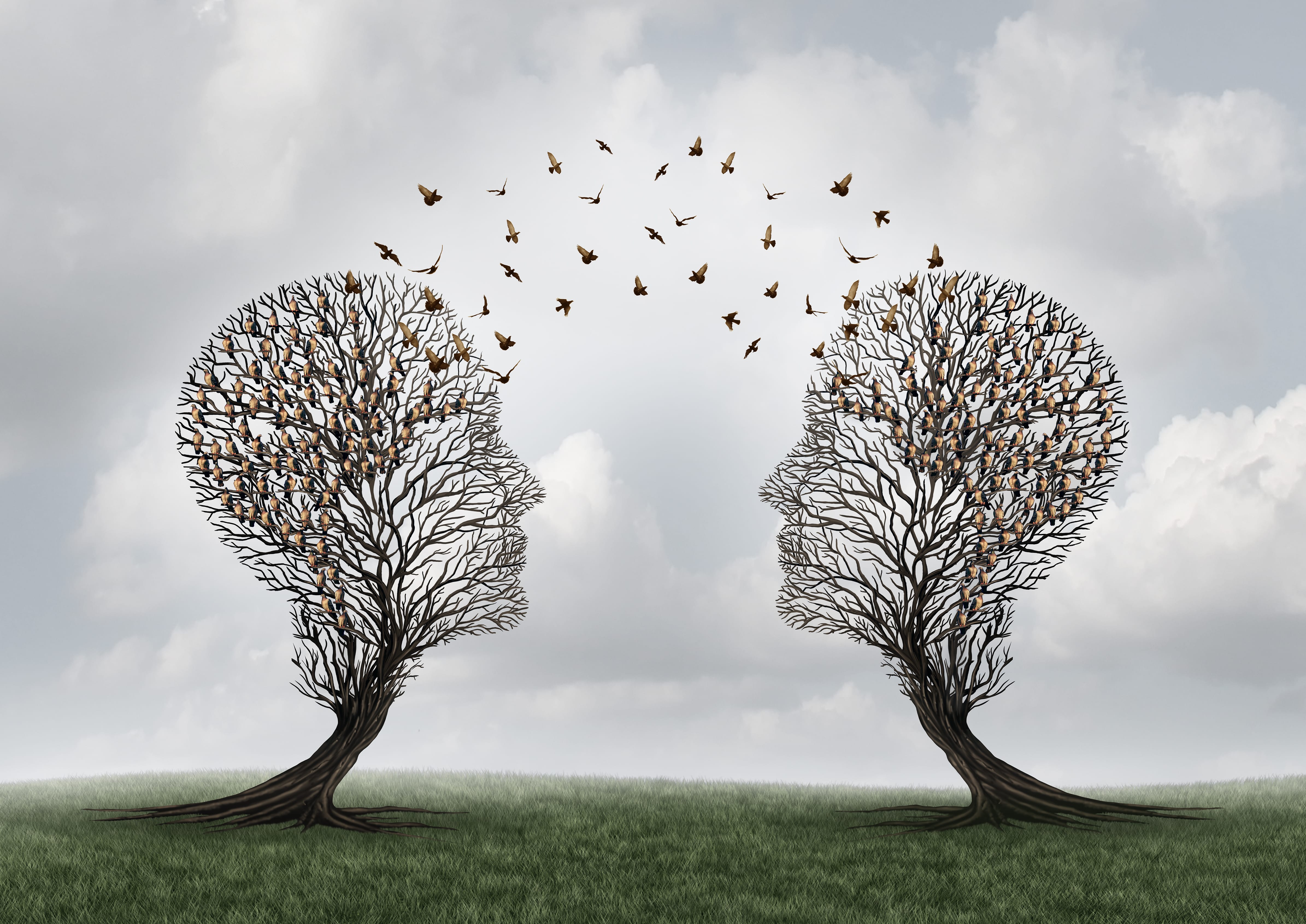
Communication and New Perspectives
Posted 27th September 2021, 04:01pmI love my job. I work with a huge variety of different people, and I have wonderful clients. And I love the fact that I get to have ‘big’ conversations with people in the course of what I do.
Whether it’s Breakthrough, or Bowen, or Scenar, I find myself connecting with people, and asking questions. Those questions help me to expand my understanding of human nature, and how brilliant people really are.
Communication
This week I’ve been thinking a lot about communication, and how the quality of our communication impacts not only our understanding of others, but also our relationships with them.
I’ve talked in the past about how we all construct our own perception of reality through the filters of our own beliefs and experience. That means that if ten people witness the same event, they could have completely unique perspectives of what happened. And each of them would be right in their own way, even if they disagreed with one another.
This can make communication challenging. It’s easy to assume that our own model of the world is the same as everyone else’s and therefore expect that others will be able to understand us. It is only when we understand that everyone’s model of the world is slightly different, and therefore they may not be able to automatically understand our perspective or our ‘truth’, that we can approach conversations from a place of understanding and empathy.
Listening to New Ideas
Being open to listening to others isn’t necessarily about needing to change your own views (although you may find that you do). It’s about finding a way to better understand their point of view.
I recently had a debate with a client about where the hip bone is located. Now, that may sound like there could only be one right answer; which would make one of us right and one of us wrong. But when it comes to perception and reality, we rarely deal in absolutes.
It turned out that she was speaking from her experience as a radiographer, while I was speaking from my experience as an OT, and my understanding of human anatomy. And we were, in actual fact, both correct. We came to this realisation through conversation, and a willingness to listen to the other person. Without that, it could have easily led to a disagreement where we both felt the other was wrong.
Discussions and debates can be healthy. Asking questions can aid communication and helps us to understand one another. Arguments on the other hand, are about winning. We no longer care about the subject at hand, we simply want to ‘win’, or to establish dominance.
If you feel communication descending into an argument, it’s important to step back and assess your own motivations and what it is that you are trying to achieve.
Asking Questions
Questions are important. They help us to start meaningful conversations that lead to deeper understanding.
But it’s important that you ask questions in the right way. You need to remain non-confrontational. This is not about challenging someone else’s belief system, this is about understanding that belief system. By having a clearer understanding of how they view the world, and what filters they have in place, you are much better equipped to understand their perspective on a given situation.
So, when you ask questions, do it from a place of genuinely wanting to hear the answer. And listen to what the other person is telling you. That will open you up to a whole new level of understanding.
I have learned to be more effective at this through my NLP training. The communication model in NLP is a powerful tool to help us better understand others, and as I continue to explore it, I feel more connected to the people in my life.
Building relationships
In order to have meaningful connections with people, we need to take the time to understand how they structure their reality, and how their experiences and belief systems alter the way they view things.
When we do this, we are better able to develop friendships and relationships that transcend the usual pettiness that can creep into superficial connections. And it allows us to open ourselves up to a whole group of new and different types of people, because we stop avoiding the ones we feel we don’t instantly get along with.
And by modelling this more open communication style, we can be an example to others.